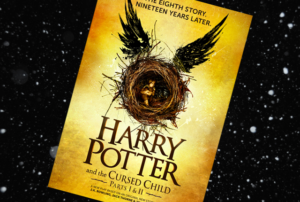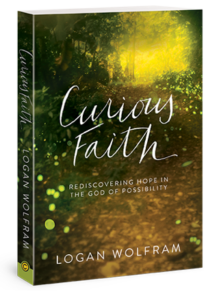Some of you may know that I’m also blogging for AuSome Environments, an online community for parents, teachers, and autism experts to form connections and track resources. My focus is primarily book reviews. These will range from books for children to adults, fiction and nonfiction. Here’s the first one, but if this interests you at all check out our site. And if you want to get involved, you know how to reach me. 🙂
Hey all, Tish the Book Lady here for my first official book review. I read this book over the summer, which fit since the book is set in summer. As I look out my window at a blizzard today, summer seems impossibly far away.
Remember Dippy by Shirley Reva Vernick is a middle grade novel focusing on a group of characters ages 13-15. The main character, Johnny, is 13 and finds himself living with his aunt and cousin for the summer while his mother is out of town for work. His aunt works at the local 7-11, and his cousin, Remember, is 15 and has autism, although it isn’t explicitly stated. Most of Johnny’s summer involves hanging out with his friends and keeping an eye on ‘Mem’ while his aunt is at work.
The book as a whole was pleasant and engaging. At times it was a little unclear what time period this was taking place in, but overall it felt recent enough to be easily relatable. Students could easily imagine living in a small enough town that the adults would feel comfortable letting young teens look after themselves most of the time, even if that’s not something that they’ve experienced themselves. This could also be a nice discussion point: What would it be like to have the kind of freedom that the characters in this book have? (Especially when they get themselves into slightly complicated scrapes along the way.)
One of the parts that I appreciated most was that although the book is named after him, Remember is not the protagonist. He’s certainly one of the central characters, but Johnny has the POV and most of the growth in the novel. Johnny and his friends treat Mem like one of the gang and seem to easily adapt to his quirks and outbursts. Maybe that’s a little unexpected for the age group, but as a reader, you assume that they’ve known him for awhile and this behavior isn’t unusual. Several of the characters quickly come to appreciate Mem’s skills at video games and bring their games over for him to help them through complicated levels.
Although there are moments that Johnny clearly wants Mem to do a certain thing, for example they want to see if Mem’s pet ferret can go down into the vents to retrieve a missing ring, he never takes control or forces something. He allows Mem to make his own decisions about what he’d like to do, and for the most part he respects those decisions.
As I said before, most of the character growth happens to Johnny. Encountering different people and situations throughout the summer causes him to become less self-centered than he had been. This would also be an interesting discussion with students: How would you react to these events? Do you think Johnny behaves differently at the end of the summer than he does at the beginning?
Although this would make a good read for the entire class, I also recommend it for individual teachers and students. Although one of the characters is autistic, this isn’t a book about autism. It’s a book about summer and family and friendship.
Thanks for reading! Coming soon are reviews of Life, Animated by Ron Suskind, Rules by Cynthia Lord, and Why Johnny Doesn’t Flap: NT is OK! by Clay and Gail Morton. And remember, if there’s a book you’d like me to review, please post it in the comments!
Happy Holidays!

